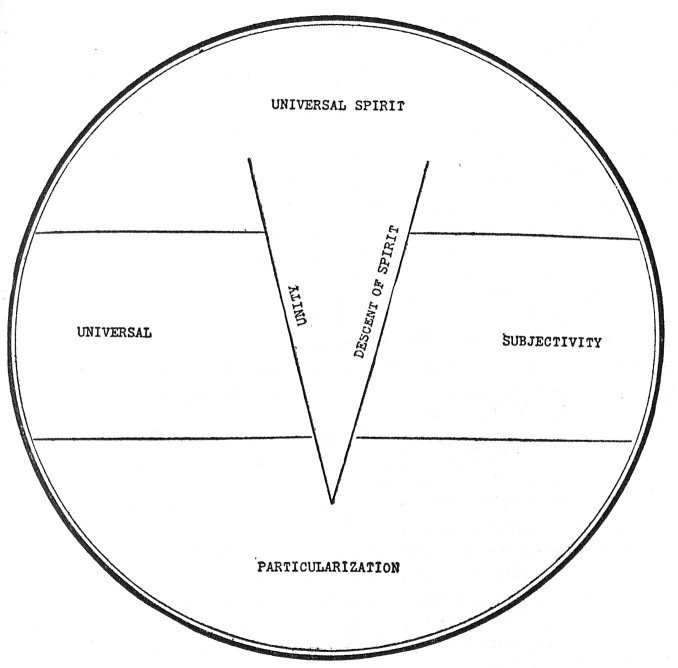
The system of The Science of Mind exists to convince people that success is a natural part of the Universal Law. We were created to be successful, to evolve into better people and to experience more and more good. We access this promised success merely by tapping into the Universal Mind, the pattern of which, the Divine direction, is upward. If we recognise our oneness with Divine Mind then we fall into line with the only Creative force of the Universe, and so we are destined to experience constant success.
This compliant path is never easy, however. For some reason our fallible natures will insist on entertaining thoughts of failure, and as long as there is even the smallest belief in failure true success will continue to elude us. Those who are successful simply expect succeess. They have complete faith on the goodness of the Universe, and so success is theirs.
We lesser mortals are hesitant to ask for what we want because we continue to feel unworthy, We fail to visualise the forms of success, and we are not specific in our desires for a wonderful life.
Holmes' constant refrain - perhas the central point of his philosophy - is that we are entirely shaped by our thoughts. Every thought we entertain - either positive or negative - is manifested for us. This is the Law of the Universe. We need simply to master this process of thought. We need to think ourselves successful.
The Science of Mind reminds us that it is easy to be influenced by worldy thoughts and trends - but that way lies failure. If we want to be created anew, we must align our thoughts each and every moment with the thoughts of happiness and cheerfulness that are created naturally in Divine Mind. Then we fall in line with the successful path that God has intended for us all along.







